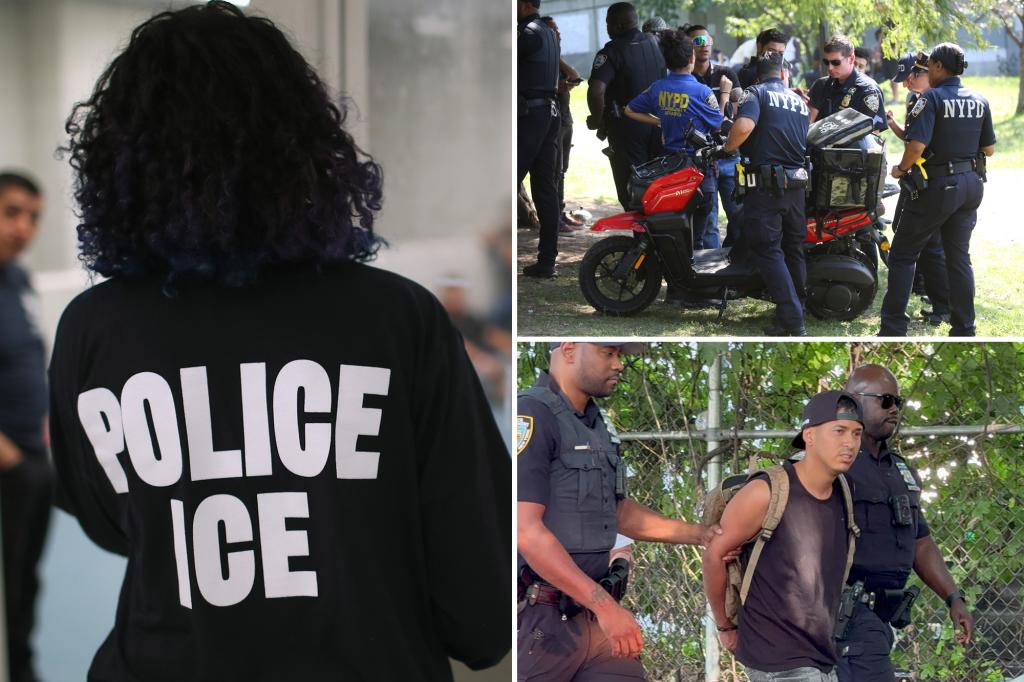The “sanctuary city” status of New York City has allowed the Venezuelan gang Tren de Aragua to thrive in local migrant shelters, according to law enforcement sources. The gang has entered the shelter system to engage in criminal activities such as drug trafficking, arms dealing, and human trafficking, posing a threat to the safety of communities. City policies that prevent the NYPD from policing the facilities and prohibit the city from cooperating with federal immigration agents have enabled the gang to operate with minimal interference. This unintended consequence has been exacerbated by the actions of the city council and the mayor’s office, which have ignored federal law in the name of protecting immigrant communities.
New York City’s sanctuary policy means that local authorities do not cooperate with federal immigration officials, refusing to hold wanted illegal immigrants for ICE and not informing the feds if they have a migrant fugitive in their custody for a local crime. Migrants who are convicted locally are typically released after serving their time in jail and are not held for deportation proceedings. This policy was adopted long ago and remains in effect under the current City Council. However, this approach has limited police access to migrant shelters and health services, making it difficult for law enforcement to effectively address criminal activities within the shelter system.
The NYPD’s ability to patrol migrant shelters is restricted under the sanctuary city policy, with officers only allowed access in certain situations such as a 911 call, a health emergency, or with a warrant or subpoena. The lack of communication infrastructure has made it challenging for law enforcement to share vital information and act on leads effectively. Private security guards at the shelters have been accused of facilitating criminal activities by allowing guns and drugs to enter the facilities. Tren de Aragua members have taken advantage of the sanctuary status to recruit new members from within the shelters, further perpetuating the cycle of crime and violence.
Mayor Eric Adams has expressed his dissatisfaction with the city’s sanctuary status and its impact on public safety. He has criticized the City Council for imposing restrictive policies that hinder cooperation with federal authorities in addressing dangerous criminals. Adams believes that individuals who commit violent felonies should not be allowed to remain in the country after serving their time and has suggested modifying the sanctuary city law. Despite his concerns, the mayor has not taken executive action to alter the existing policy, leading some to question his commitment to addressing the challenges posed by the sanctuary status.
City officials have defended the safety measures in place at migrant shelters, highlighting the 24/7 security and inspections of all bags and packages, including food deliveries. Those who violate the code of conduct or pose a threat to the safety of residents and staff may face consequences such as loss of shelter access. However, critics continue to raise concerns about the lack of coordination between local law enforcement, federal agencies, and private security guards in addressing criminal activities within the shelter system. The ongoing challenges posed by the sanctuary city status of New York City underscore the complexities of balancing public safety with immigrant rights and the need for effective collaboration between various stakeholders to address these issues.


